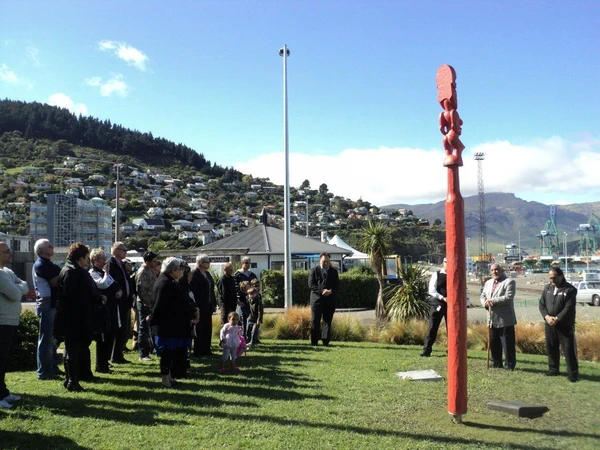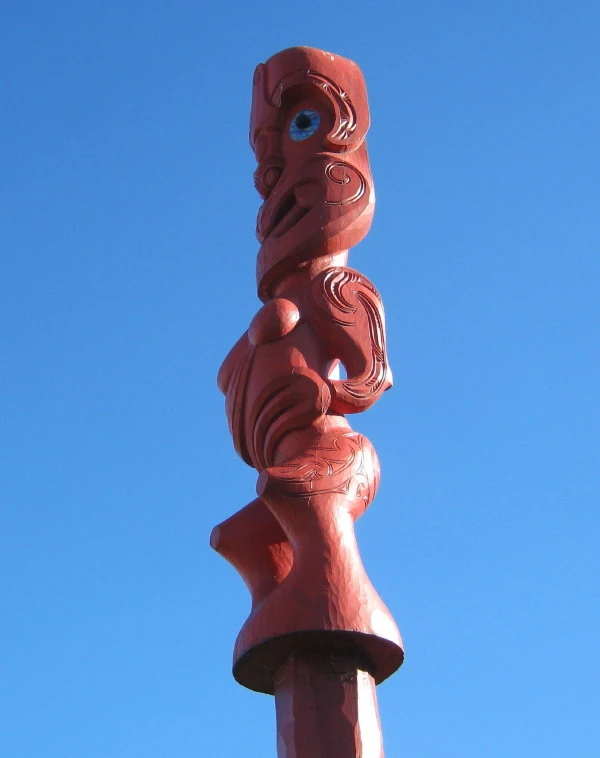Sutton Reserve
Sutton Reserve is an ancient Settlement in New Zealand.
A home for Māori inhabitants, Ngāti Wheke for about 700 years. Lyttelton Harbour was discovered by European settlers in 1770 during the Endeavour's first voyage to New Zealand, by Captain Cook.
Historians have long known of the Maori village located under what is now Sutton Reserve, dating back roughly 800 to 1,000 years. A recently discovered midden showed evidence of fires, and a variety of food remains including paua shells, seal bones and fish bones.
While Maori would not have lived for long periods on the site, it would have been used periodically for a number of years.
Sutton Reserve used to be a Pa site and was also the place where Mâori held a market and sold fruit and vegetables to the early settlers.
Pou whenua are traditional Maori carved poles that mark Mâori territorial boundaries or places of significance and are a link between the people and the land. It was carved by students from the Whakaraupo Carving Centre in Lyttelton.
It is called Ohinehou Pou after a female ancestor or guardian of the area.
You will have seen several other carvings as you walked through the marina, and other carvings can be seen around Lyttelton:
At the beginning of the Stan Helms track on Harmans Road


